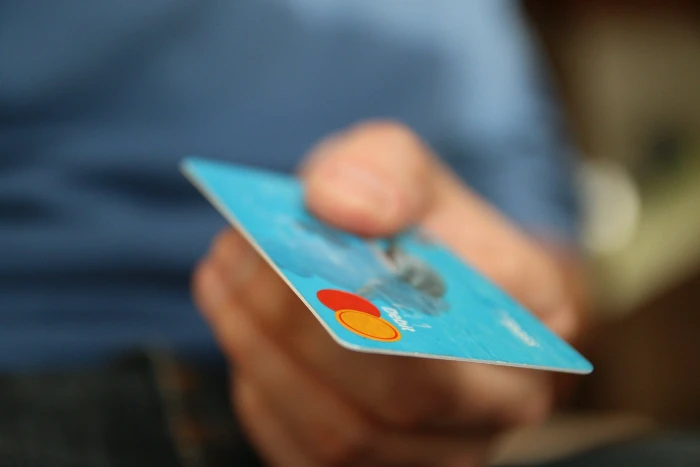
1 in 5 Scots Maxing Credit Cards
May not be suitable in all circumstances. Fees apply. Your credit rating may be affected.
Free debt counselling, debt adjusting and providing of credit information services is available to customers by contacting MoneyHelper.

Research, carried out by Scottish Trust Deed, suggests that for many families, just about managing is already a distant aspiration. Some choose using credit to pay for everyday goods strategically – placing everything on credit before paying the balance off in full each month. Credit Card use is on the rise and being used more often to fund basic needs such as shopping and petrol in the car to get to work.
“There’s nothing inherently wrong with that approach providing you remain in control – although it does come with risks attached,” explained a Scottish Trust Deed spokesperson.
Most people put money on credit cards because they have no other choice. A Guardian report early this year quoted a survey which found 10% of people in the UK have ‘maxed out’ their credit cards.
“A credit card at or near its limit harms you in a variety of ways,” Scottish Trust Deed warned.
“As the amount of interest you pay grows it becomes harder to pay down any of the actual debt, so you spend more without making a difference.
Nearing or reaching your credit limit adversely affects your credit rating, and being at your limit makes you extremely vulnerable to the unexpected. When the car breaks down or the washing machine needs replacing, it can be the straw that breaks the camel’s back.
Many of the 18% of Scots in our survey who regularly put living expenses on credit are walking a tightrope.”

